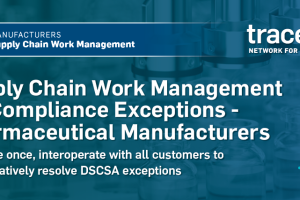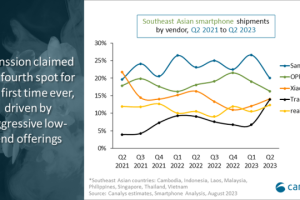Stem cell harvesting is considered to be the latest revolution in the field of medical technology. It is considered of having the potential to change the treatment of human diseases and reduce the suffering people face when they have a disease. But like everything else, stem cell harvesting also has certain disadvantages to it. Let’s take a look at them.
There will always be some limitation to the research possibilities
The medical potential of stem cell research will always be limited by its ethics. How individuals choose to respond to the ethics of this research is entirely their call. Questions like ‘Is it permitted to alter adult stem cells or umbilical embryonic stem cells?’ or ‘What are the consequences of destroying an embryo to get stem cells’ can feel unethical to many, holding the research back.
Research has been held back by factual contradictions
Factual contradictions have led to the discrediting of many stem cell researches, including some of the pioneering work by Bodo-Eckehard Strauer, who focused on how stem cells could help to treat cardiovascular conditions.
Research opportunities are somewhat limited
The US Government limited the funding and availability of stem cell research to just 19 lines in 2001. The severe restrictions placed on having funding for that research made it virtually impossible to conduct for more than a decade. Many states have or wish to have a complete ban on such researches.
While the future potential of these treatments continues to inspire hope for many, the proven benefits of stem cell research are somewhat limited according to current science. The ethical questions may begin to fade as the processes to develop adult stem cells into programmable cells. Each key point must be considered before a final conclusion can be reached until then.




























